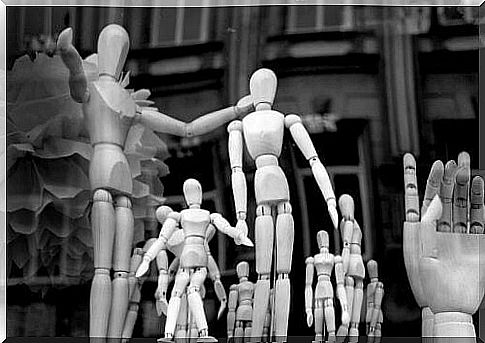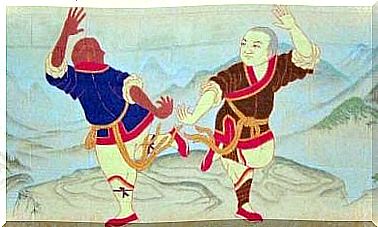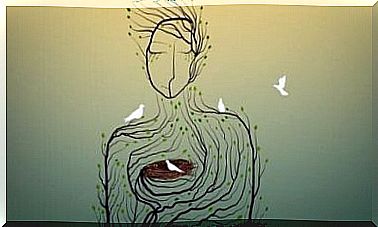The Process Of Radicalization

We see radicalization as a social and psychological process that creates a growing commitment to an extremist political or religious ideology. In other words, radicalizing means adopting political or religious beliefs that most people do not share. How does radicalization occur?
The combination of three psychological forces can explain radicalization: needs, a story and a person’s social network. So the first of these forces has to do with needs or the shortcomings we experience in our lives.
These deficits can be a motivation to do something to get something that we lack. The second force is a story. A story provides us with beliefs that describe the world and determine how we behave. The final force is our social network or the people around us.
Three cases of radicalization
Maria
Maria has an unconditional love for animals. She can’t stand the cruelty to animals. She is interested in various animal rights groups but learns that they don’t really have much influence.
One day she feels inspired to get involved in political action. So she joins an environmental group and eventually falls in love with their leader.
Maria’s thinking becomes more and more extreme. It got to the point where she would do anything to protect the lives of animals. With the rest of the group, Maria sabotages government, research, and industrial institutions that she believes violate animal rights.

Vicente
From a very young age, Vicente has been interested in philosophy and sociopolitical issues. Some people tell him about an international social protest movement taking place in major cities around the world.
He joins the movement with some friends. Weeks later, police arrest Vicente and his friends during one of the protests for throwing rocks at the officers who stopped the protesting people.
Abu
On a sunny January morning, Abu crosses the border into Turkey and enters IS territory. He feels like he has nothing to lose. He recently divorced his wife. He struggles with an addiction to alcohol and cigarettes.
Abu is not fit and absolutely unable to fight. However, the prospect of an office job with IS in the Caliphate means he can purify his “sinful life” and become a good Muslim.
The radicalization of needs
For radicalization to occur, there must be a need. Scientists have described this need as the search for interest. People want to make a difference. They want to be important. They want to be someone.
In this way, people begin their search for meaning when an opportunity to become important appears, or when that importance is lost or threatened. However, people also find this importance in many nonviolent ways.
In our examples, Mary has lost importance when she begins to feel helpless in the face of animal abuse.
Otherwise, Vicente tries not to lose his value the moment his friends join the movement. So he joins. Finally, there is the story of Abu. He is trying to regain importance with a job at IS.
The radicalization of a story
While looking for importance and value we can determine that a person’s story or ideology is violent. There are many opportunities that people can consider to become important. The first possibility is violence.
In order to commit violent acts, we must justify violence in our beliefs. If our ideology does not allow violence, then we will look for other means of gaining value. In that case, radicalization will not occur.
In our examples, Mary’s thinking radicalizes after she joins the group. She accepts that violence is the only way to defend animals. The movement Vicente joins is okay with doing illegal things in order to achieve social justice.
Eventually Vicente will also accept this. Finally, there is Abu. The ideology of IS allows violence in order to establish an Islamic caliphate.

The radicalization of our social network
The three characters in our examples share one thing. They are not alone. To be important, other people have to make you feel important. A group makes people feel important. The last ingredient for radicalization is therefore a social network. In most cases, people are radicalized along with others.
Maria fell in love with a radicalized group. Vicente became radicalized along with his friends. Abu joined a terrorist organization. Each of them radicalized in a different way.
However, they all have something in common. They all wanted to be important. In the end, they accepted a story that justified violence. They had a group that accompanied them in that radicalization.









